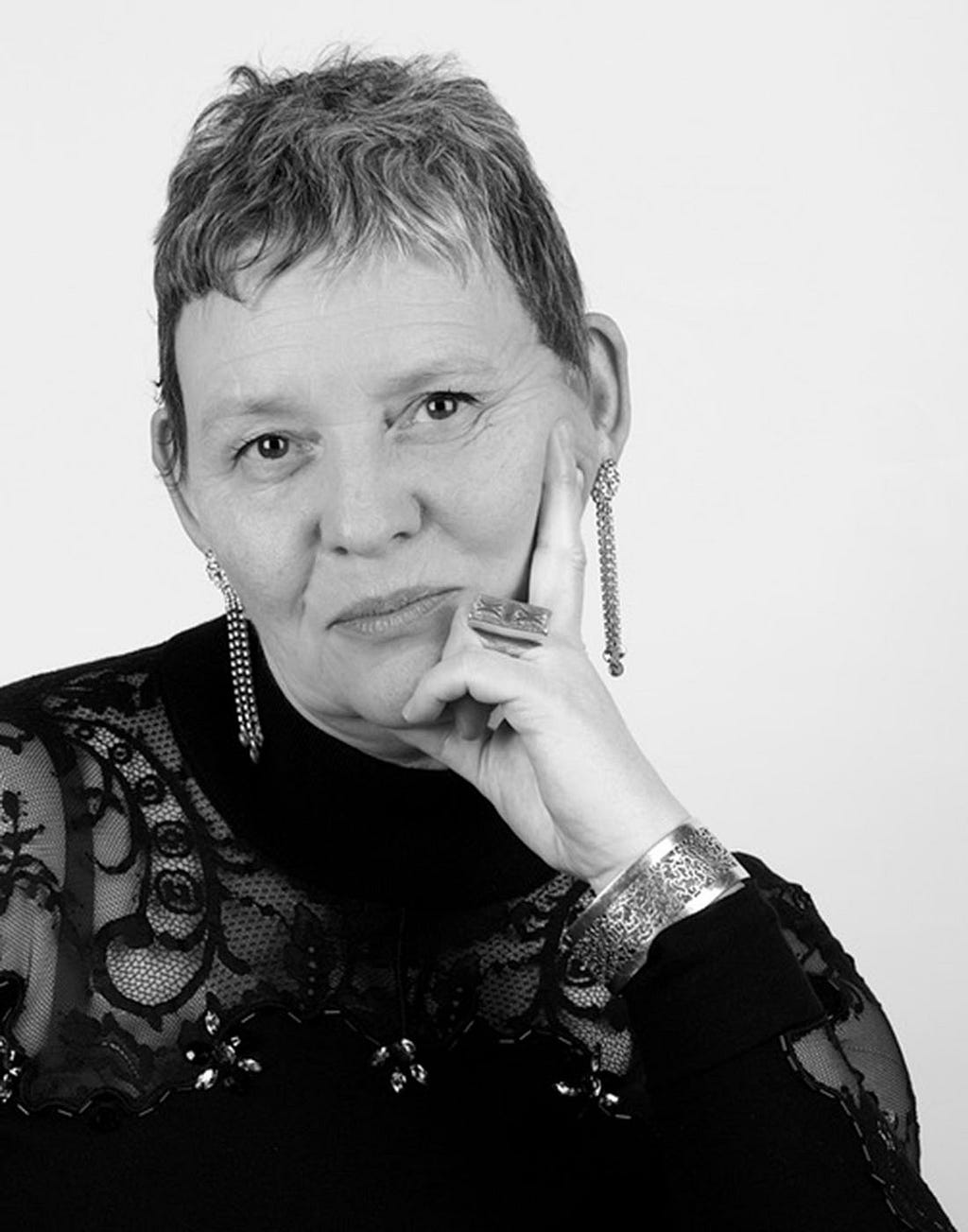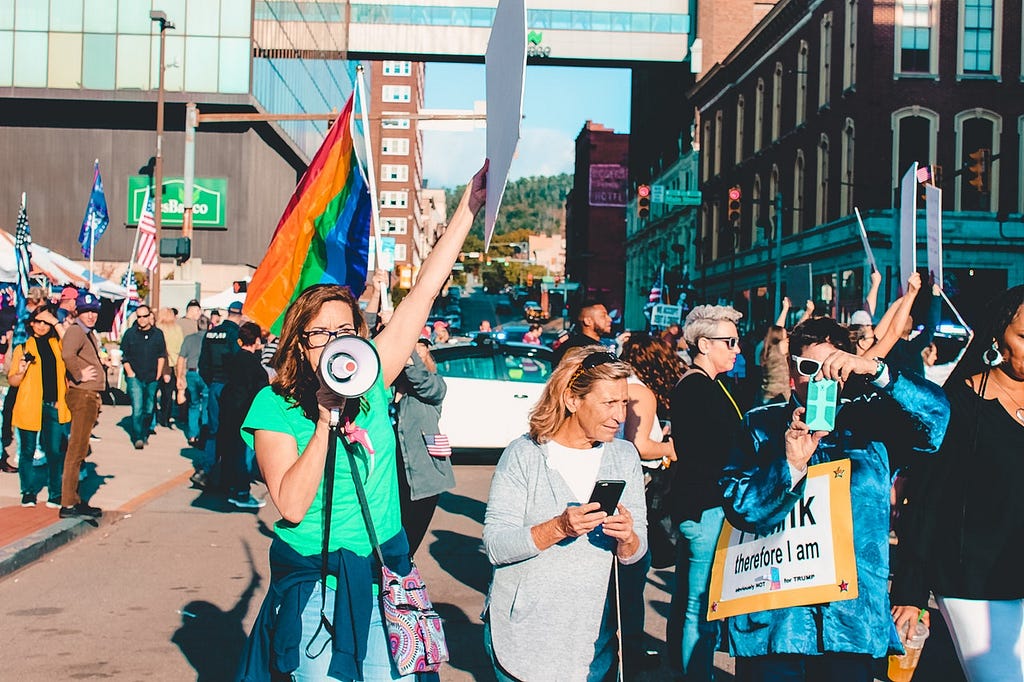
We need to provide real opportunities for children to try different things. Look at how women’s football is finally breaking into the mainstream, but why do we have to wait decades for such changes? It’s often still taboo for girls to play football. I was recently told by a young father how he gets criticism from other men for taking his girls to football practice.
As part of my series about “the five things we need to do to close the gender wage gap” I had the pleasure of interviewing Vivienne Hayes MBE, Chief Executive of the Women’s Resource Centre (WRC). Vivienne has spent over 30 years working in the women’s sector, both delivering and managing services. Her passion is to support and improve the life experiences of women and their children, and most of her work has focused on this. Vivienne was awarded the National Diversity Award 2013 for Gender Role Model, WRC won the Third Sector 2014 award for Britain’s Most Admired Charity, and more recently, Vivienne was a recipient of an MBE.
Thank you so much for joining us! Can you tell us the “backstory” that brought you to this career path?
It’s a rather a long backstory, so to cut it short…. First of all I must give thanks to my mum for always telling us that all people deserve respect.
I had to move cities to escape a violent man, and was searching for a place to help me keep my sanity and stop me from falling apart whilst looking after my very young child. Through that journey, I discovered the amazing work that tiny women’s groups and organisations do in saving women’s lives and giving them the opportunity and confidence to flourish and progress. These experiences inspired me to dedicate my work to the women’s sector.
Can you share the most interesting story that happened to you since you began this career?
Meeting the then-Prime Minister and Deputy Prime Minister at an International Women’s Day reception and getting them to wear our “Why Women” badges, bringing awareness to the campaign we were running at the time which called upon the government to put gender back on the agenda, acknowledging the systematic disadvantage women face because they are women, and publicly recognising and adequately funding the essential services the women’s sector provides to address this.
Can you share a story about the funniest or most interesting mistake you made when you were first starting? Can you tell us what lesson you learned from that?
I attended a meeting at the House of Lords, hosted by an esteemed Lord, and whilst (nervously) chatting to him I swung around and knocked the drinks over with my bag. Lesson learned: don’t carry a large shoulder bag, and keep control of your nerves — nobody is better than you.

Ok let’s jump to the main focus of our interview. Even in 2019, women still earn about 80 cents for every dollar a man makes. Can you explain three of the main factors that are causing the wage gap?
The three main factors causing the wage gap are:
Areas of work where women are over-represented, such as childcare, catering, and administration, is some of the lowest paid work there is, often paid less than more traditionally ‘male’ blue collar work. A case was won by women in Glasgow, Scotland not too long ago resulting in their wages being increased to the same level as that of men in comparable jobs.
Secondly, the world of paid employment has been designed with men in mind; men who have a wife at home taking care of the children and all the household chores. Thus, work is generally unsuited to women who overwhelmingly take on the primary caring roles in families, and need more flexible working practices.
Thirdly, we still live in a male dominated world — just look at what sex the leaders of the world are — so old fashioned, outdated practices are still not being adapted and changed to meet the needs of both women and men in the world of work. This is such a huge mistake not only for women, but for men and, as evidence shows, for world economies.
Can you share with our readers what your work is doing to help close the gender wage gap?
My work is focused on women’s rights, across all aspects of their lives; we support improvements to the pay gap and quotas for getting more women into decision making, for example MPs. Without action, nothing will change. There are too many mediocre men getting the best jobs, and we need to give some of the not so mediocre women a chance to shine. I bet most of them would outshine the men!!

Can you recommend 5 things that need to be done on a broader societal level to close the gender wage gap?
We need to start off with the basics: teaching children that boys and girls do not have to comply with gender stereotypes, that these are just an idea, not facts, and that boys and girls can pursue their hearts desire and be whatever they want to be. This should be implemented throughout school; the books children read, the language used… A TV documentary demonstrated how changing the classroom, what books are available such as ones with girls as strong lead characters, and re-training teachers has a positive impact on preventing and challenging gender stereotyping.
Then we need to provide real opportunities for children to try different things. Look at how women’s football is finally breaking into the mainstream, but why do we have to wait decades for such changes? It’s often still taboo for girls to play football. I was recently told by a young father how he gets criticism from other men for taking his girls to football practice.
We need men as well as women to change their ideas about what boys and girls can do. We need men to start challenging each other, like the brave young dad I mentioned above. This is a hard ask though, as it requires men giving up some of their privileges and making real space for women.
The government and politicians need to make equal pay for equal work a priority. In the UK the current monitoring of the pay gap is a good step forward, but has little “teeth” in terms of practical changes being made.
We need women’s rights and equality to be a top priority across all government departments. We need Part 2 of the Leveson Inquiry implemented and to take action on the harmful media images of women and girls. In the UK the current level of domestic violence is at a 5 year high, and the level of rape prosecutions is at a 10 year low. The gender bias towards men runs deep in our society and is the cause of many problems, including the wage gap.
You are a person of great influence. If you could inspire a movement that would bring the most amount of good to the most amount of people, what would that be? You never know what your idea can trigger. 🙂
It seems to me that our societies are in real danger of losing “human love “ and becoming insensitive to other people’s suffering and hardships. The divide and rule rhetoric is a dominant narrative, but it is not the only narrative. I would like to see the inspiring work of charities like WRC and thousands of others take a bigger stage in the media, so that people can revive their own hope in creating a better world for us all- because it is possible if we all do one little thing to make it happen.
Can you please give us your favorite “Life Lesson Quote”? Can you share how that was relevant to you in your life?
“We are the ones we have been waiting for” — June Jordan
This was really meaningful! Thank you so much for your time.
“5 Things We Need To Do To Close The Gender Wage Gap”, with Vivienne Hayes and Candice Georgiadis was originally published in Authority Magazine on Medium, where people are continuing the conversation by highlighting and responding to this story.

